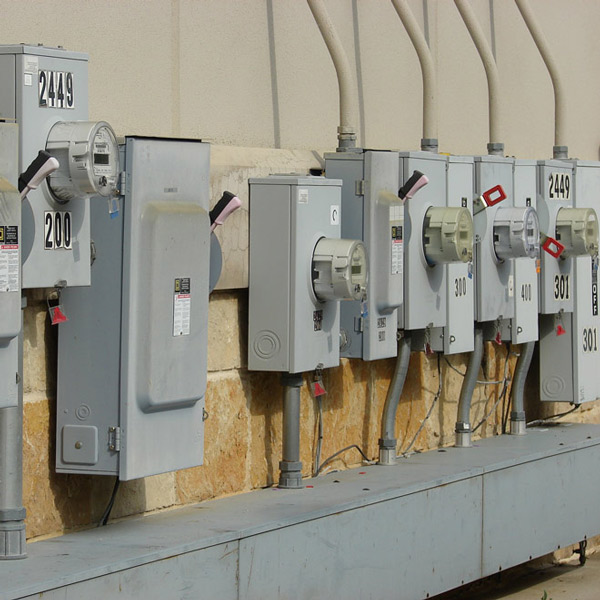Eversource Energy reported third-quarter earnings of $346.3 million ($1.01/share) on Wednesday, powered by its electric transmission segment, which fueled a $27.4 million rise from the same period in 2019.
The transmission business earned $125.6 million ($0.36/share) in the quarter, compared with recurring earnings of 33 cents/share last year. The improved results were driven by investment and reliability in transmission facilities, partially offset by share dilution. Eversource earned $933.2 million ($2.76/share) in the first nine months of 2020, compared with $659 million ($2.05/share) in 2019.
The company also reaffirmed both its earnings-per-share projection of $3.60 to $3.70/share, excluding costs related to the now completed $1.1 billion acquisition of Columbia Gas in Massachusetts, and its long-term EPS growth rate of 5 to 7% from its core regulated business through the year 2024.
Eversource and its subsidiaries comprise New England’s largest utility company and supply electricity, natural gas and water service to 4.3 million customers in Connecticut, Massachusetts and New Hampshire.
There was no discernible financial impact — yet — on damage and restoration efforts from Tropical Storm Isaias, which caused “catastrophic” damage to Connecticut, CFO Philip Lembo said on an earnings call with analysts Wednesday. The Connecticut General Assembly passed legislation following the storm requiring customer rebates and payments for spoiled food and medication from utilities during outages of a certain length in the future. Lembo compared Isaias with several major weather events in 2011 and 2012, which also led to legislation.
Isaias caused damage to 21,669 locations, and outages took nine days to restore. The number of damaged areas was more than what Eversource experienced from Superstorm Sandy and Tropical Storm Irene. Those two storms had durations that lasted a day or two longer than Isaias. Of the four storms, the October 2011 nor’easter was by far the worst, with 25,566 locations damaged and outages that lasted up to 13 days.
“We serve 149 cities and towns in Connecticut, and every one of these communities suffered damage from Isaias, much of it catastrophic,” Lembo said.
The CFO added that Eversource “brought in an army of electric restoration and tree crews to restore power, all the while working on the restoration in a pandemic setting.” The restoration process lasted nine days, one to two days less than previous storms that hit Connecticut, even though there were 30 to 35% more damaged locations, according to the company. There also were no workplace safety issues or COVID-19 exposure among the workers brought to Connecticut, Lembo said.
The estimated deferred cost of damage and restoration efforts in Connecticut, Massachusetts and New Hampshire will total more than $275 million, though most of it occurred in Connecticut. It included setting new poles, hanging miles of new wires or replacing hundreds of transformers, and Lembo said the costs would necessitate capitalization. The Connecticut Public Utilities Regulatory Authority will review any cost recovery and Eversource’s performance during the storm by April 2021.
OSW Developments
Lembo provided a “significant development” on Eversource’s offshore wind work with Ørsted as the Bureau of Ocean Energy Management released a review schedule for the 130-MW South Fork project on Long Island. A decision on a construction and operations permit (COP) is due in January 2022, and the project is still expected to be in service by the end of 2023.
Lembo said BOEM’s review schedules for Revolution Wind and Sunrise Wind would be set for each project next year, ultimately helping determine their in-service dates. He noted that Revolution (end of 2023) and Sunrise (end of 2024) are unlikely to meet those targets.
Call transcript courtesy of Seeking Alpha.





